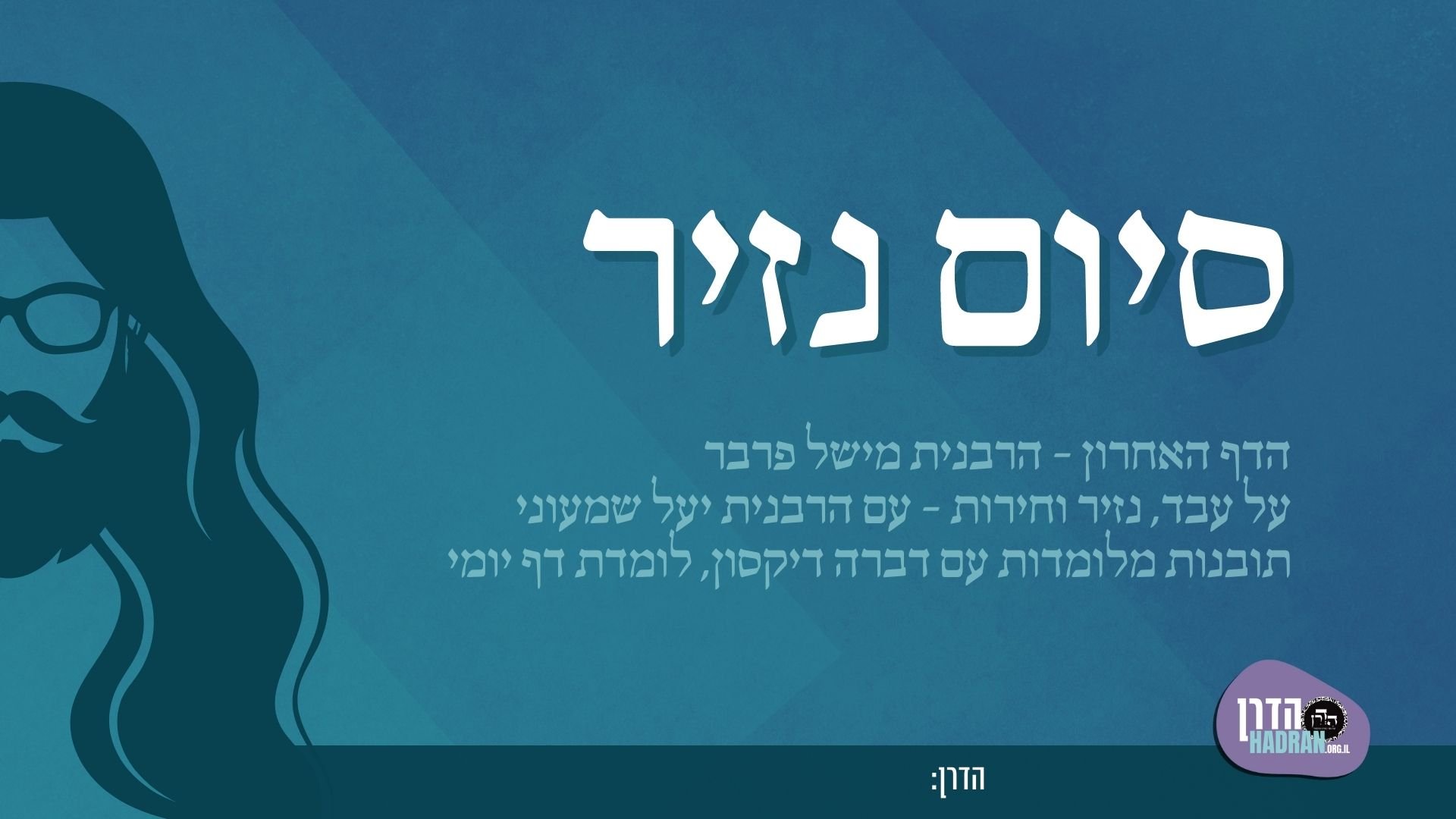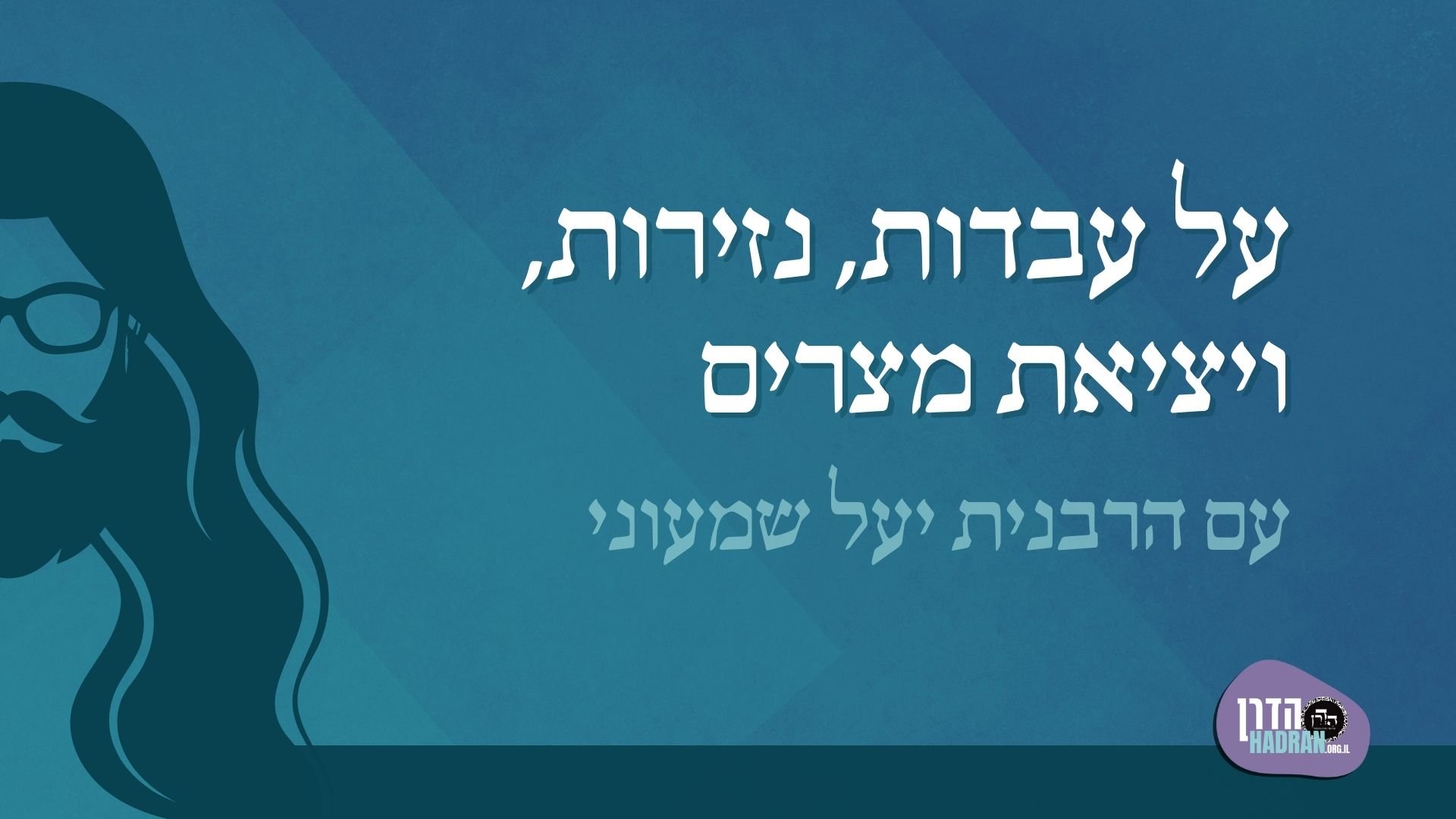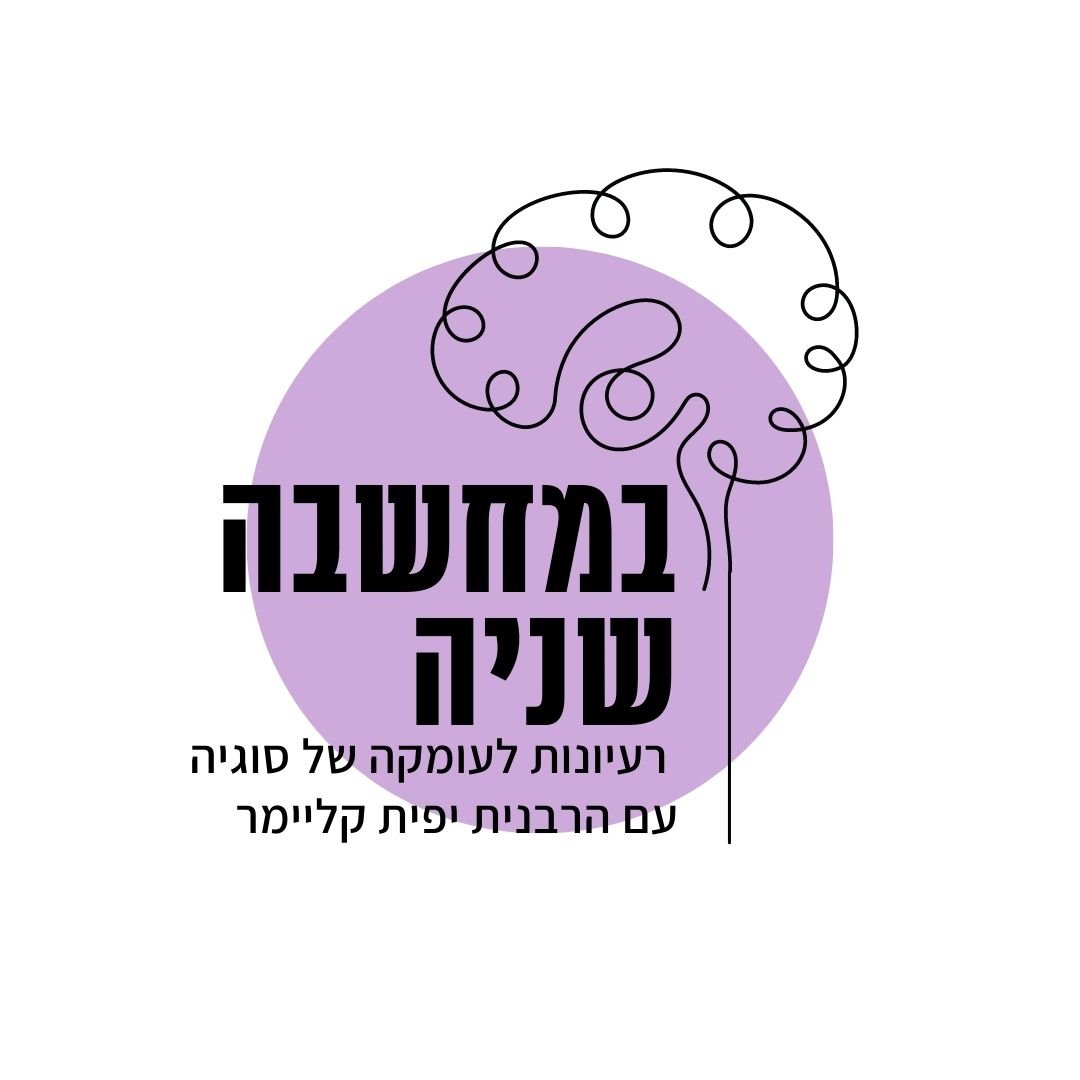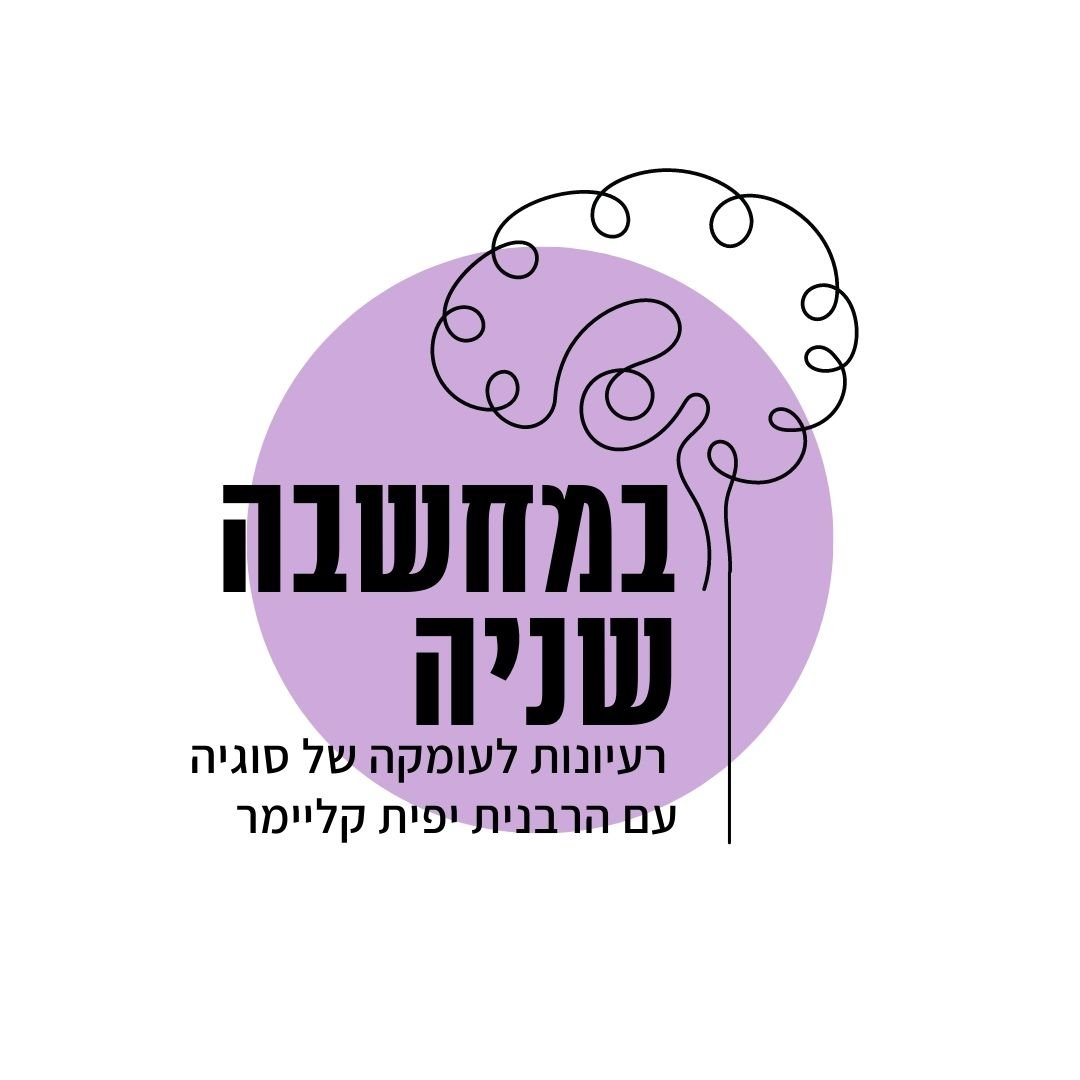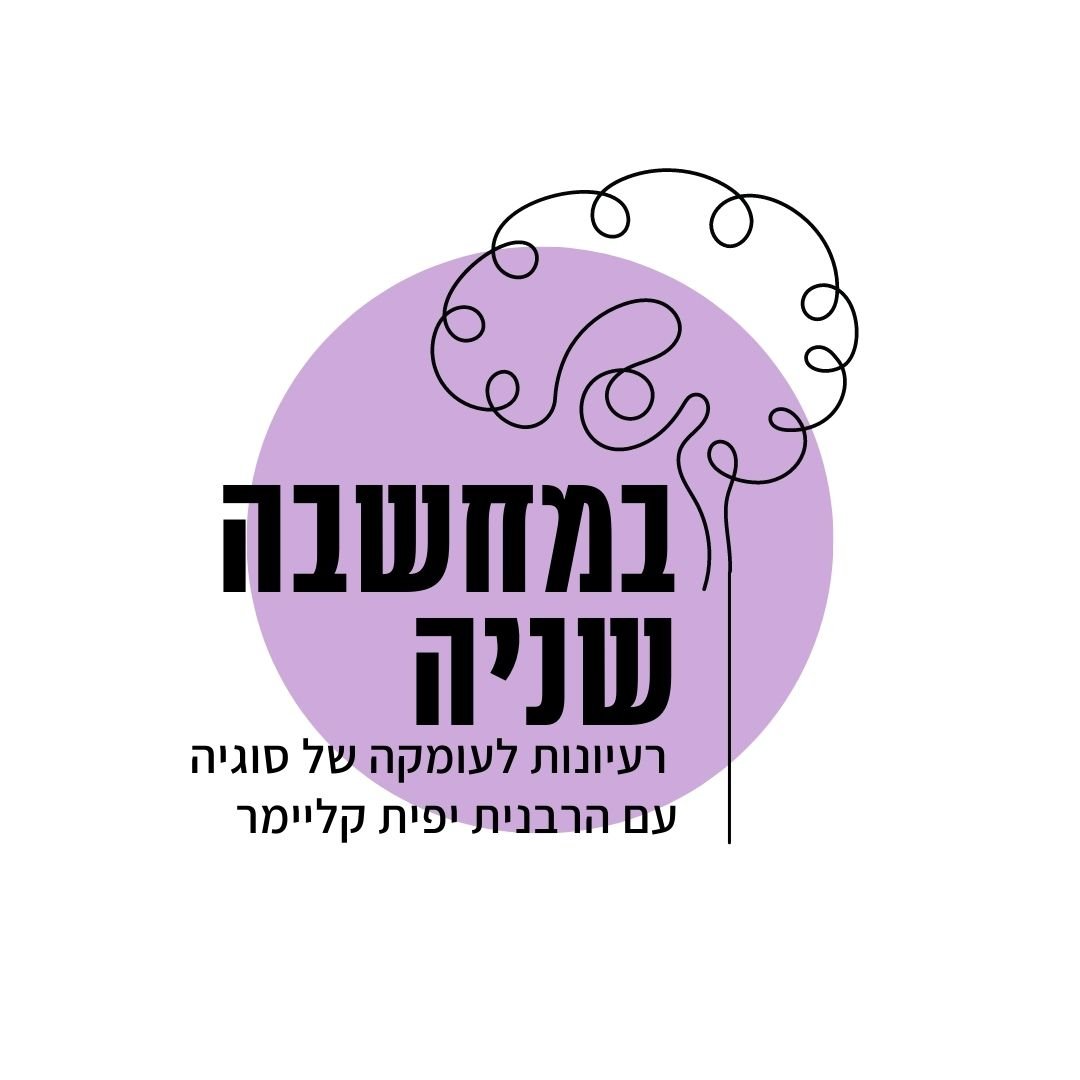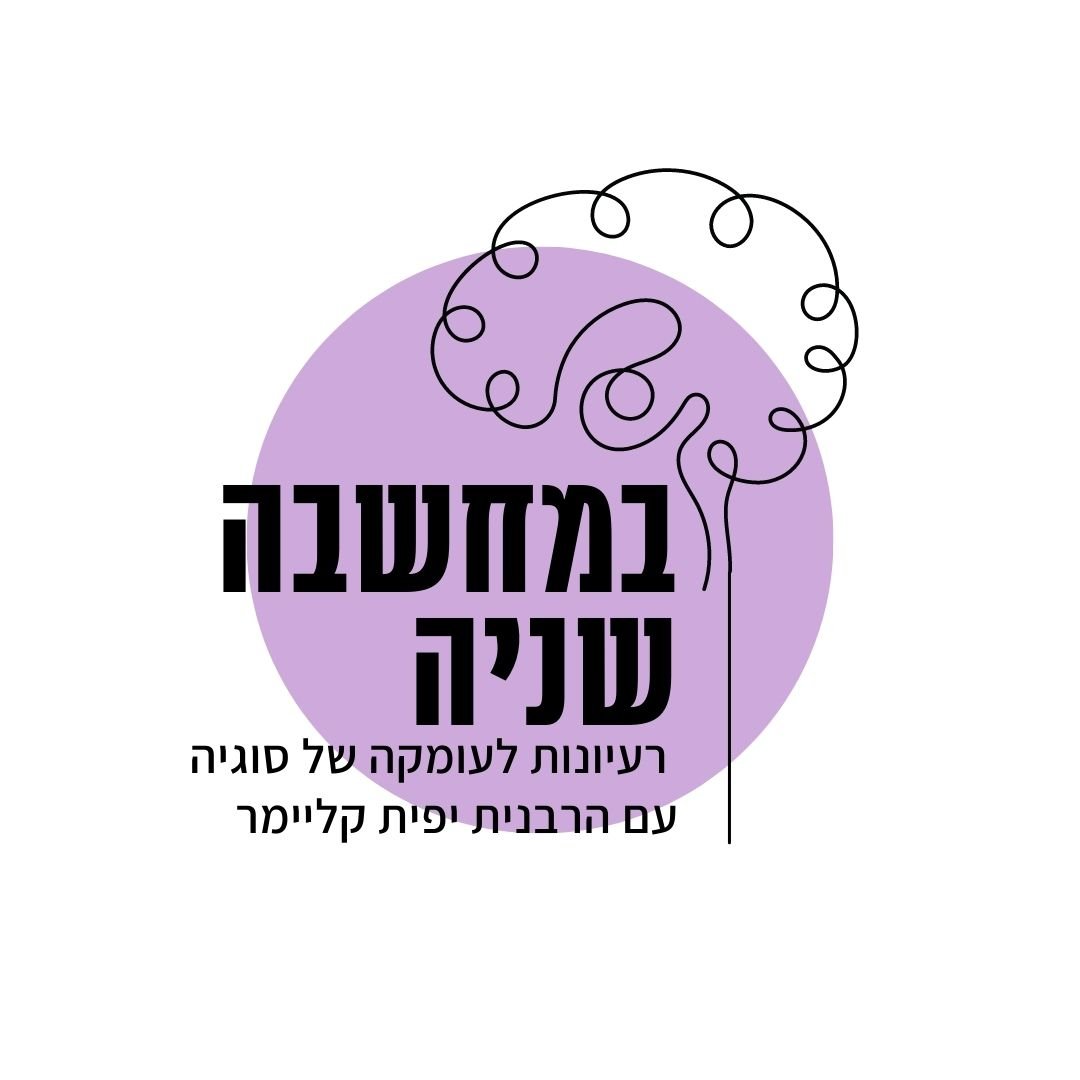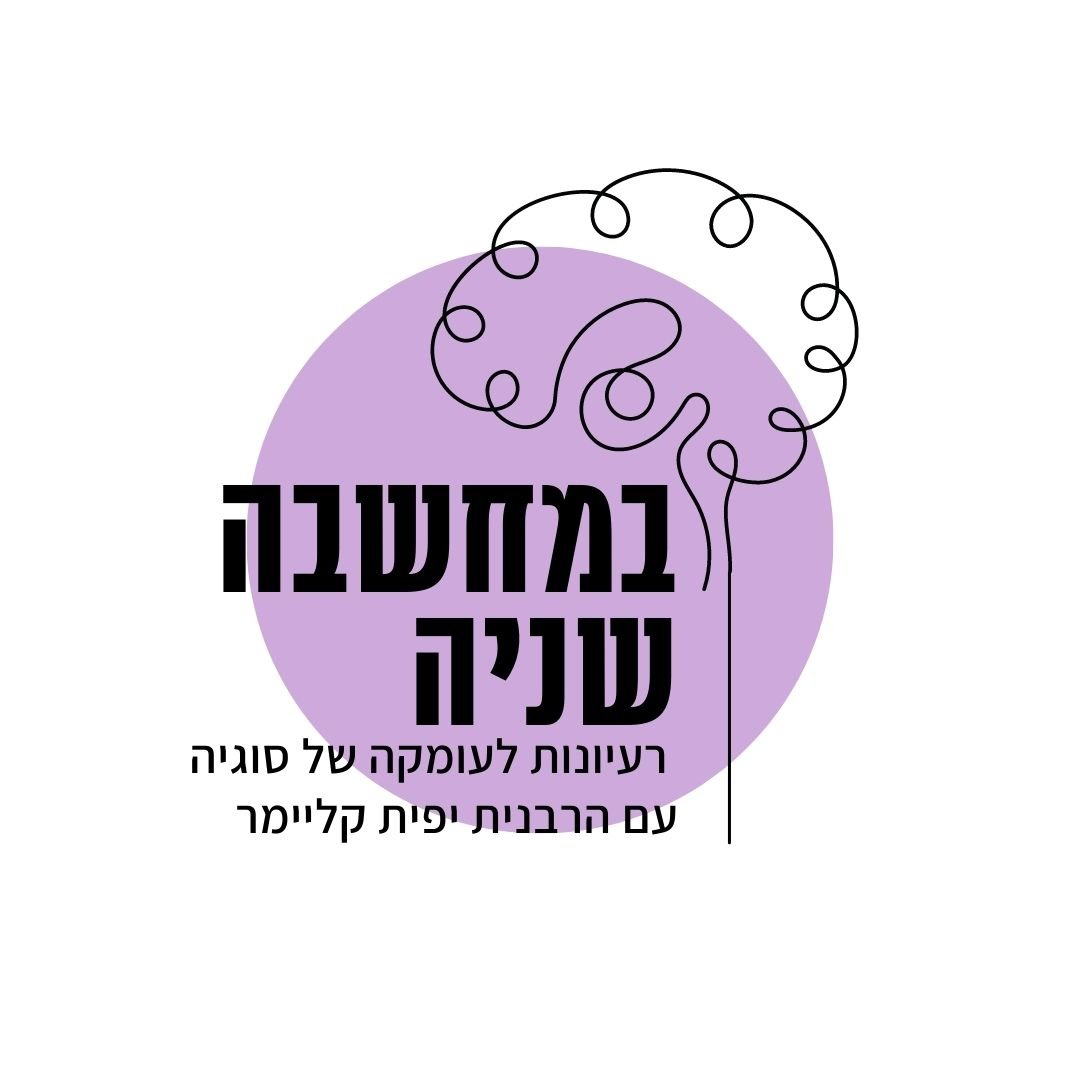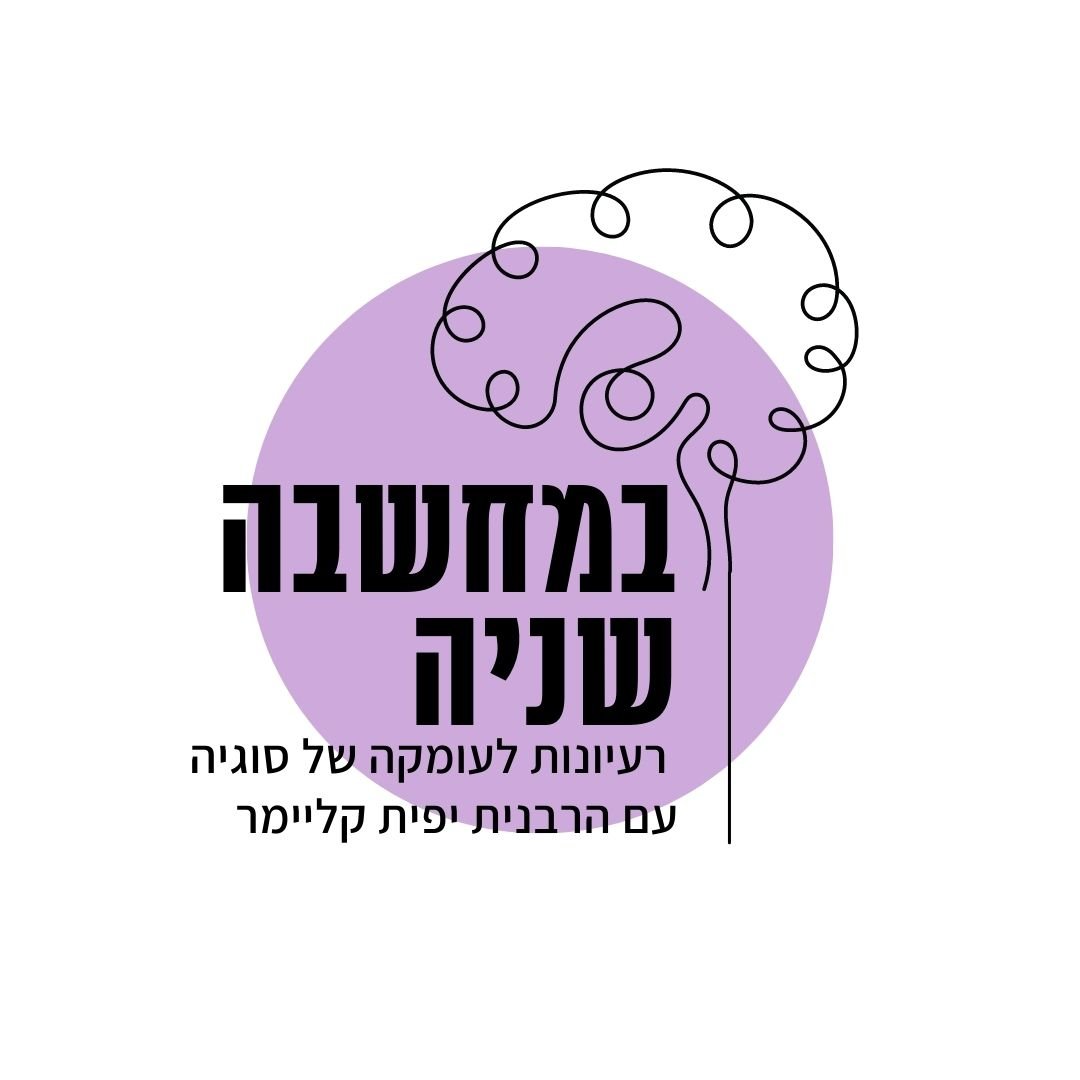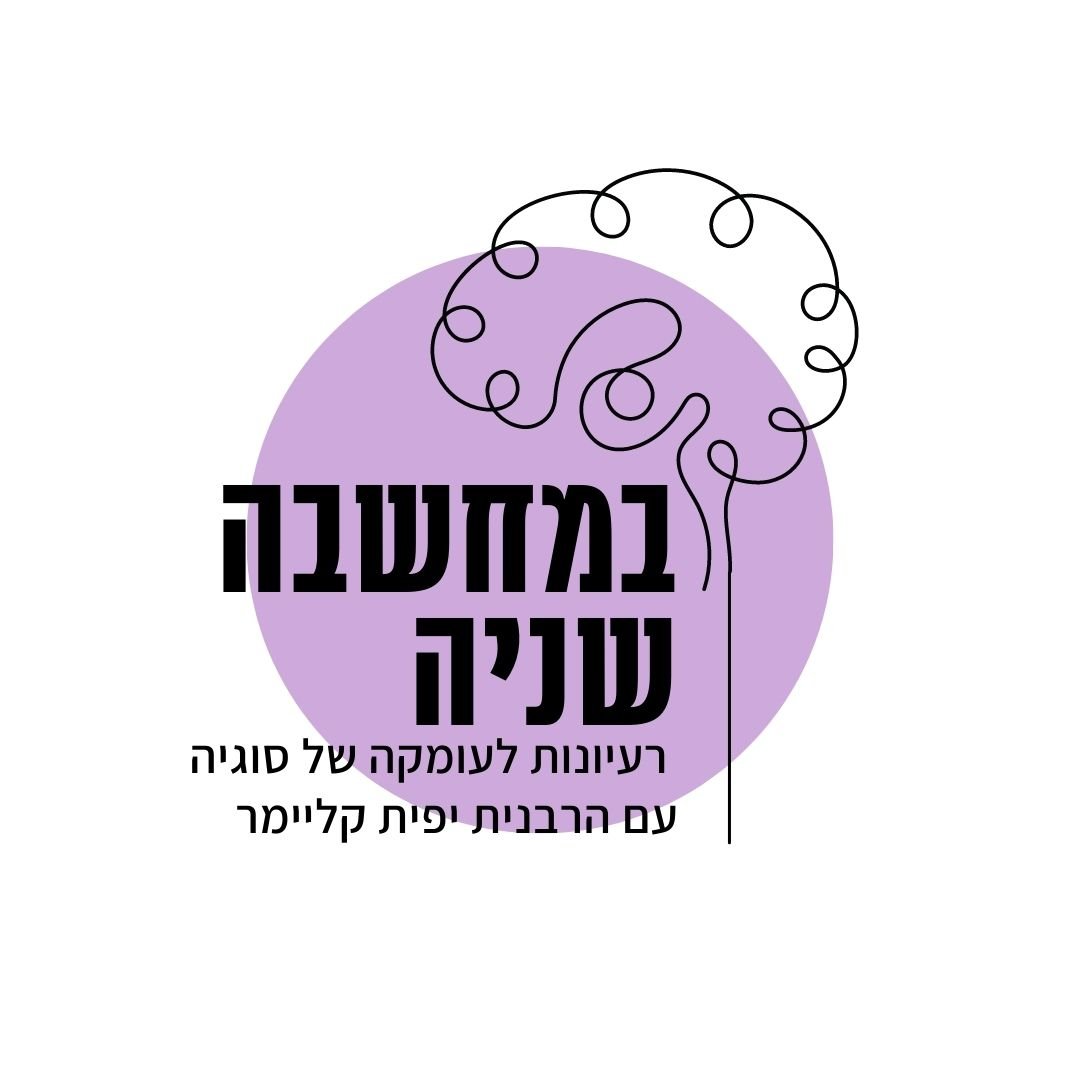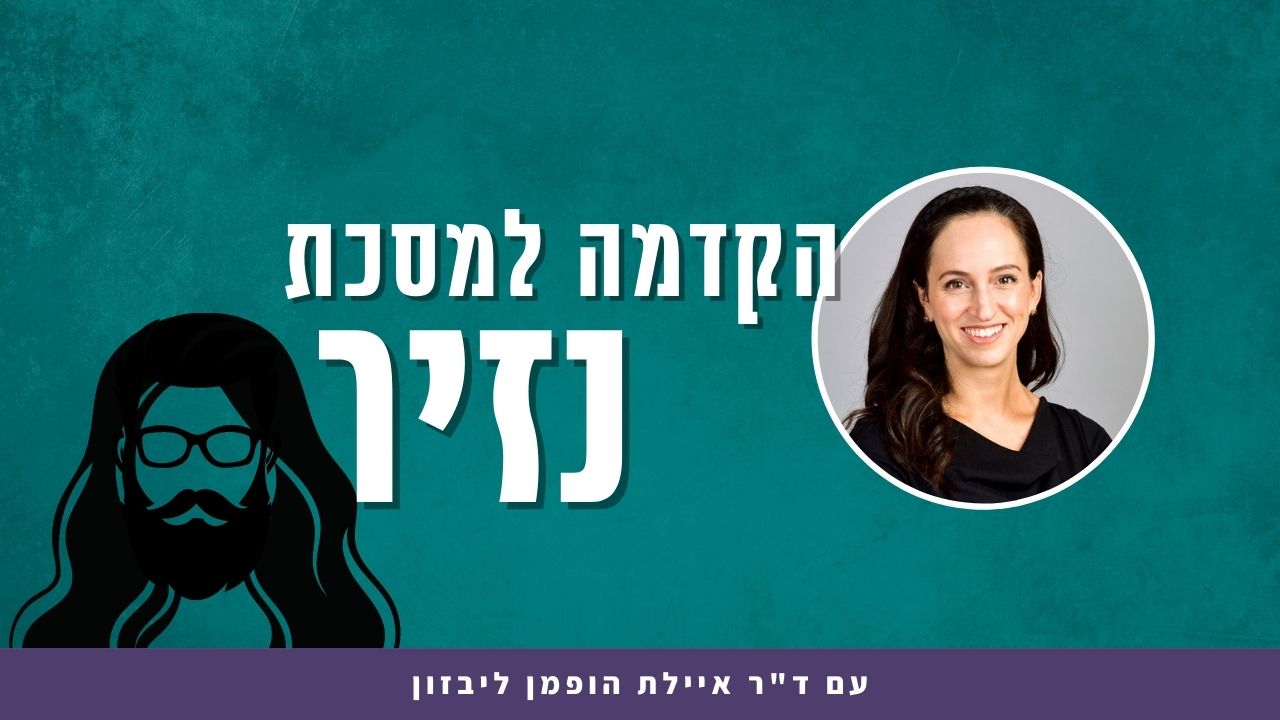נזיר לד
אִילֵימָא רַבִּי טַרְפוֹן — מִי הָוֵי נָזִיר? כֵּיוָן דִּבְשַׁעְתָּא דְּקָא נָזַר לָא יָדַע אִי פְּלוֹנִי הוּא וְאִי לָא, מִי חָלָה עֲלֵיהּ נְזִירוּת? וְהָתַנְיָא, רַבִּי יְהוּדָה אוֹמֵר מִשּׁוּם רַבִּי טַרְפוֹן: אֵין אֶחָד מֵהֶן נָזִיר, לְפִי שֶׁלֹּא נִתְּנָה נְזִירוּת אֶלָּא לְהַפְלָאָה!
If we say it is the opinion of Rabbi Tarfon, even in a case where the individual in question came before us and identified himself, is the one who claimed to know his identity a nazirite? Since at the time when he vowed he did not know whether the subject of their debate is so-and-so or not, does naziriteship take effect with regard to him? But isn’t it taught in a baraita (Tosefta 3:19) that Rabbi Yehuda says in the name of Rabbi Tarfon: In the case of the mishna not one of the six people is a nazirite, since naziriteship is imposed upon someone only if the vow is stated with explicitness [hafla’a]. The Torah says that a vow must be “clearly” pronounced, as the verse states: “When either man or woman shall clearly utter [yafli] a vow, the vow of a nazirite” (Numbers 6:2). This verse indicates that his vow is valid only if it is explicit.
אֶלָּא רַבִּי יְהוּדָה דִּכְרִי הוּא. דְּתַנְיָא: ״הֲרֵינִי נָזִיר עַל מְנָת שֶׁיְּהֵא בַּכְּרִי הַזֶּה מֵאָה כּוֹר״, וְהָלַךְ וּמְצָאוֹ שֶׁנִּגְנַב אוֹ שֶׁאָבַד — רַבִּי שִׁמְעוֹן אוֹסֵר, וְרַבִּי יְהוּדָה מַתִּיר.
Rather, the mishna represents the opinion of Rabbi Yehuda, as stated with regard to a heap of grain. As it is taught in a baraita (Tosefta 2:9): If someone said: I am hereby a nazirite on the condition that this heap of grain contains one hundred kor, a measurement of volume, and when he went to measure it he discovered that the heap was stolen or lost, so that the amount it held cannot be determined, Rabbi Shimon deems him prohibited in all the halakhot of naziriteship, as the heap might have contained one hundred kor. And Rabbi Yehuda deems him permitted, as he maintains that the halakha is lenient in cases of uncertain naziriteship. Rabbi Yehuda’s reasoning applies equally to the case of the mishna.
רַבִּי שִׁמְעוֹן סָבַר כֵּיוָן דְּאִילּוּ לֹא נִגְנַב, דִּלְמָא הֲווֹ בֵּיהּ מְאָה כּוֹר וְהָוֵי נָזִיר — הַשְׁתָּא נָמֵי הָוֵי נָזִיר. וְהָכָא נָמֵי כֵּיוָן דְּאִי אֲתָא לְקַמַּן וְיָדְעִינַן דִּפְלוֹנִי הֲוַאי, הָוֵי נָזִיר — הַשְׁתָּא נָמֵי הָוֵי נָזִיר.
As for Rabbi Shimon, who disputes the ruling of the mishna, he holds with regard to the heap of grain: Since if the heap had not been stolen perhaps it might have contained one hundred kor and he would have been a nazirite, now too, he is a nazirite due to the uncertainty. And here too, in the case of the mishna, since if that person would have come before us and we would have known that he was so-and-so, the one who took the vow would have been a nazirite, consequently, now too, he is a nazirite as a result of the uncertainty cast by the unknown identity of the individual.
מַתְנִי׳ רָאָה אֶת הַכּוֹי וְאָמַר: ״הֲרֵינִי נָזִיר שֶׁזֶּה חַיָּה״, ״הֲרֵינִי נָזִיר שֶׁזֶּה אֵינוֹ חַיָּה״, ״הֲרֵינִי נָזִיר שֶׁזֶּה בְּהֵמָה״, ״הֲרֵינִי נָזִיר שֶׁאֵין זֶה בְּהֵמָה״.
MISHNA: Someone saw a kosher animal with characteristics of both a domesticated animal and a non-domesticated animal [koy], and said: I am hereby a nazirite if this is a non-domesticated animal; and another individual said: I am hereby a nazirite if this is not a non-domesticated animal; and a third person said: I am hereby a nazirite if this is a domesticated animal; and a fourth said: I am hereby a nazirite if this not a domesticated animal.
״הֲרֵינִי נָזִיר שֶׁזֶּה חַיָּה וּבְהֵמָה״, ״הֲרֵינִי נָזִיר שֶׁאֵין זֶה לֹא חַיָּה וְלֹא בְּהֵמָה״, ״הֲרֵינִי נָזִיר שֶׁאֶחָד מִכֶּם נָזִיר״, ״הֲרֵינִי נָזִיר שֶׁאֵין אֶחָד מִכֶּם נָזִיר״, ״הֲרֵינִי נָזִיר שֶׁכּוּלְּכֶם נְזִירִין״ — הֲרֵי כּוּלָּן נְזִירִין.
The mishna continues: A fifth person added: I am hereby a nazirite if this is a non-domesticated animal and a domesticated animal, and a sixth person said: I am hereby a nazirite if this is neither a non-domesticated animal nor a domesticated animal. Someone who heard all the above statements said: I am hereby a nazirite if one of you is a nazirite, and another one stated: I am hereby a nazirite if not one of you is a nazirite, and a final person said: I am hereby a nazirite if all of you are nazirites. In this case, they are all nazirites.
גְּמָ׳ תָּנֵי חֲדָא: תִּשְׁעָה נְזִירִים, וְתַנְיָא אִידַּךְ: תֵּשַׁע נְזִירִיּוֹת. בִּשְׁלָמָא תִּשְׁעָה נְזִירִין — כְּגוֹן דְּהָוֵי גַּבְרֵי טְפֵי, דְּאִיתְּפִיס וְאָזֵיל בֵּיהּ.
GEMARA: With regard to the ruling of the mishna that they are all nazirites, it is taught in one baraita that this case involves a total of nine nazirites, and it is taught in the other baraita that there are nine sets of naziriteship here. The Gemara clarifies: Granted, one can understand the baraita that says that there are nine nazirites, for example, if there were many people who associated their naziriteship with the status of this koy, each with one of the statements listed above.
אֶלָּא תֵּשַׁע נְזִירִיּוֹת לְחַד גַּבְרָא הֵיכִי מַשְׁכַּחַתְּ לַהּ? בִּשְׁלָמָא שֵׁית מַשְׁכַּחַתְּ לַהּ, כְּדִתְנַן.
However, how can you find these circumstances of nine sets of naziriteship in one person? Granted, you find six, as we learned in the mishna that there are six ways in which the nature of a koy can be expressed: It is a non-domesticated animal; it is not a non-domesticated animal; it is a domesticated animal; it is not a domesticated animal; is a non-domesticated animal and a domesticated animal; it is neither a non-domesticated animal nor a domesticated animal. One person could associate his acceptance of naziriteship with all of the above possibilities.
אֲבָל תְּלָת הֵיכִי מַשְׁכַּחַתְּ לַהּ! אָמַר רַב שֵׁשֶׁת: כְּגוֹן דְּאָמַר ״הֲרֵינִי נָזִיר, וּנְזִירוּת הַכֹּל עָלַי״.
However, how can you find these circumstances of the other three sets of naziriteship? The statements: If one of you is a nazirite, and: If one of you is not a nazirite, are necessarily expressed by individuals who did not make the initial six statements, as these last three statements address the group of people who made the first six statements. Rav Sheshet said: It is possible in a case where nine people issued the statements mentioned in the mishna, and someone said: I am hereby a nazirite and the naziriteship of all of them are incumbent upon me. Since each of the nine people is obligated to observe a term of naziriteship, this last one is obligated to observe nine terms.
הַדְרָן עֲלָךְ בֵּית שַׁמַּאי
שְׁלֹשָׁה מִינִין אֲסוּרִין בַּנָּזִיר: הַטּוּמְאָה, וְהַתִּגְלַחַת, וְהַיּוֹצֵא מִן הַגֶּפֶן. וְכׇל הַיּוֹצֵא מִן הַגֶּפֶן מִצְטָרְפִין זֶה עִם זֶה. וְאֵין חַיָּיב עַד שֶׁיֹּאכַל מִן הָעֲנָבִים כַּזַּיִת.
MISHNA: Three types of actions are prohibited for a nazirite: The contraction of ritual impurity from a corpse, and the shaving of one’s hair, and eating or drinking any substances that emerge from the vine. The mishna adds: And all products that emerge from the vine combine with one another to the amount that renders a nazirite liable to receive lashes. And he is liable only if he eats an olive-bulk of the grapes.
מִשְׁנָה רִאשׁוֹנָה אוֹמֶרֶת: עַד שֶׁיִּשְׁתֶּה רְבִיעִית יַיִן. רַבִּי עֲקִיבָא אוֹמֵר: אֲפִילּוּ שָׁרָה פִּיתּוֹ בְּיַיִן וְיֵשׁ בָּהּ כְּדֵי לְצָרֵף כְּזַיִת — חַיָּיב, וְחַיָּיב עַל הַיַּיִן בִּפְנֵי עַצְמוֹ, וְעַל הָעֲנָבִים בִּפְנֵי עַצְמָן, וְעַל הַחַרְצַנִּים בִּפְנֵי עַצְמָן, וְעַל הַזַּגִּים בִּפְנֵי עַצְמָן. רַבִּי אֶלְעָזָר בֶּן עֲזַרְיָה אוֹמֵר: אֵין חַיָּיב עַד שֶׁיֹּאכַל שְׁנֵי חַרְצַנִּים וְזָג.
An initial version of the mishna says that a nazirite is liable to receive lashes only if he drinks a quarter–log of wine. Rabbi Akiva says: Even if he soaked his bread in wine and the two together contain enough to combine to the amount of an olive-bulk, he is liable. And furthermore, a nazirite is liable to receive lashes for consuming wine by itself, and for grapes by themselves, and for ḥartzannim by themselves, and for zaggim by themselves, as each of these is forbidden separately by the Torah. Rabbi Elazar ben Azarya says: He is liable only if he eats an olive-bulk that includes at least two ḥartzannim and one zag, in accordance with the verse “From ḥartzannim to zag” (Numbers 6:4), where the first term is in the plural and the second in the singular.
אֵלּוּ הֵן חַרְצַנִּים וְאֵלּוּ הֵן זַגִּים? הַחַרְצַנִּים — אֵלּוּ הַחִיצוֹנִים, הַזַּגִּים — אֵלּוּ הַפְּנִימִים, דִּבְרֵי רַבִּי יְהוּדָה. רַבִּי יוֹסֵי אוֹמֵר, שֶׁלֹּא תִּטְעֶה: כְּזוֹג שֶׁל בְּהֵמָה; הַחִיצוֹן זוֹג, וְהַפְּנִימִי עִינְבָּל.
The mishna discusses the meaning of these terms: Which parts are ḥartzannim and which are zaggim? The ḥartzannim are the outside parts, the skin of the grape, while the zaggim are the inner parts, the seeds. This is the statement of Rabbi Yehuda. Rabbi Yosei says: The opposite is the case and this is the mnemonic so that you should not err: It is like a bell [zog] worn by an animal, in which the outer part, which corresponds to the skin of a grape, is called zog, and the inner portion of the bell, the clapper, which corresponds to the seeds in a grape, is called inbal.
גְּמָ׳ שְׁלֹשָׁה מִינִין אֲסוּרִין בַּנָּזִיר: הַטּוּמְאָה כּוּ׳. הַיּוֹצֵא מִן הַגֶּפֶן — אִין. גֶּפֶן עַצְמוֹ — לָא. מַתְנִיתִין דְּלָא כְּרַבִּי אֶלְעָזָר. דְּתַנְיָא, רַבִּי אֶלְעָזָר אוֹמֵר: אֲפִילּוּ עָלִין וְלוּלָבִין בַּמַּשְׁמָע.
GEMARA: The mishna taught that three types of actions are prohibited for a nazirite: Contracting ritual impurity, shaving, and consuming products of the vine. The Gemara infers: That which emerges from the vine, yes, it is included in the prohibition; however, any part of the vine itself, other than its fruit, no, this is not forbidden. The Gemara comments: The mishna is not in accordance with the opinion of Rabbi Elazar. This is as it is taught in a baraita that Rabbi Elazar says: Even the leaves and tendrils of the vine are included in the prohibitions of naziriteship.
אִיכָּא דְּאָמְרִי לַהּ אַסֵּיפָא: אֵינוֹ חַיָּיב אֶלָּא עַד שֶׁיֹּאכַל מִן הָעֲנָבִים כְּזַיִת. מִן הָעֲנָבִים — אִין, מֵהַגֶּפֶן עַצְמוֹ — לָא. מַתְנִיתִין דְּלָא כְּרַבִּי אֶלְעָזָר, דְּתַנְיָא, רַבִּי אֶלְעָזָר אוֹמֵר: אֲפִילּוּ עָלִין וְלוּלָבִין בַּמַּשְׁמָע.
Some say this statement with regard to the latter clause of the mishna: He is liable to receive lashes only if he eats an olive-bulk of the grapes. The Gemara infers: If he eats from the grapes, yes, he is liable, but if he eats from the vine itself, no, he is not liable. If so, the mishna is not in accordance with the opinion of Rabbi Elazar. This is as it is taught in a baraita that Rabbi Elazar says: Even the leaves and tendrils are included in the prohibition.
בְּמַאי קָמִיפַּלְגִי? רַבִּי אֶלְעָזָר דָּרֵישׁ רִיבּוּיֵי וּמִיעוּטֵי, רַבָּנַן דָּרְשִׁי כְּלָלֵי וּפְרָטֵי. רַבִּי אֶלְעָזָר דָּרֵישׁ רִבּוּיֵי וּמִיעוּטֵי: ״מִיַּיִן וְשֵׁכָר יַזִּיר״ — מִיעֵט, ״מִכֹּל אֲשֶׁר יֵעָשֶׂה מִגֶּפֶן הַיַּיִן״ — רִיבָּה.
The Gemara asks: With regard to what do Rabbi Elazar and the Rabbis disagree; what is the basis of their dispute? The Gemara explains: Rabbi Elazar interprets the verses employing the hermeneutical principle of amplifications and restrictions, while the Rabbis interpret them employing the hermeneutical principle of generalizations and details. The Gemara clarifies: Rabbi Elazar interprets the verses employing the principle of amplifications and restrictions, as the phrase: “He shall abstain from wine and strong drink” (Numbers 6:3), restricts the prohibition to wine and strong drink, and the subsequent phrase: “Anything that is made of the grapevine” (Numbers 6:4), amplifies the prohibition.
מִיעֵט וְרִיבָּה, רִיבָּה הַכֹּל. מַאי רִיבָּה — רִיבָּה כֹּל מִילֵּי. מַאי מִיעֵט — מִיעֵט שְׁבִישָׁתָא.
The Gemara elaborates: In this manner, the Torah restricts and amplifies, which, according to the principles of exegesis, amplifies and includes virtually all substances. What does it amplify and include? It amplifies and includes all matters and substances that come from the vine. What does it restrict? After all, the phrase “He shall abstain from wine and strong drink” must be excluding something. According to this interpretation, the verse restricts only one part of a vine, the branches. A nazirite who eats the branches of the vine has not committed a transgression.
וְרַבָּנַן דָּרְשִׁי כְּלָלֵי וּפְרָטֵי: ״מִיַּיִן וְשֵׁכָר יַזִּיר״ — פָּרַט, ״מִכֹּל אֲשֶׁר יֵעָשֶׂה מִגֶּפֶן הַיַּיִן״ — כָּלַל, ״מֵחַרְצַנִּים וְעַד זָג״ — חָזַר וּפָרַט. פְּרָט וּכְלָל וּפְרָט, אִי אַתָּה דָן אֶלָּא כְּעֵין הַפְּרָט: מָה הַפְּרָט מְפוֹרָשׁ פְּרִי וּפְסוֹלֶת פְּרִי — אַף כֹּל פְּרִי וּפְסוֹלֶת פְּרִי.
And conversely, the Rabbis interpret the verses employing the principle of generalizations and details, as the phrase “He shall abstain from wine and strong drink” (Numbers 6:3) is an example of a detail, the phrase “anything that is made of the grapevine” (Numbers 6:4) is a generalization, and when the verse continues: “From pits to grape skin,” it has given an example of a detail again. This is a detail, and a generalization, and a detail. According to this exegetical method, you may deduce that the verse is referring only to items similar to the detail: Just as the items mentioned in the detail are clearly defined as a fruit or fruit waste, i.e., grape seeds or skins, so too, everything forbidden by the generalization is a fruit or fruit waste, but not leaves or tendrils, as maintained by Rabbi Elazar.
אִי: מָה הַפְּרָט מְפוֹרָשׁ פְּרִי גָּמוּר — אַף כֹּל פְּרִי גָּמוּר. אָמַרְתָּ: אִם כֵּן מָה הִנִּיחַ לְךָ הַכָּתוּב בְּמַשְׁמָעוֹ שֶׁלֹּא אֲמָרוֹ? עֲנָבִים לַחִים וִיבֵשִׁים — הָא כְּתִיבִי? יַיִן וָחוֹמֶץ — הָא כְּתִיבִי? הָא אֵין עָלֶיךָ לָדוּן כְּלָשׁוֹן אַחֲרוֹן, אֶלָּא כְּלָשׁוֹן רִאשׁוֹן.
The Gemara asks: If so, one can suggest an alternative derivation: Just as the items mentioned in the detail are clearly defined as a complete, i.e., ripe, fruit, so too, everything forbidden must be a complete fruit, excluding unripe fruit. Why, according to the Rabbis, are unripe grapes included in the prohibition? You will say the following counterargument: If so, what has the verse left you to derive from its meaning that it has not stated? If you say grapes and raisins, these are explicitly written; if you say wine and vinegar, these are also written. What, then, does the generalization come to add? Evidently, you cannot learn in accordance with the last version, which excludes unripe fruit; rather, you must learn in accordance with the first version, which includes this fruit and excludes only leaves and tendrils.
וּמֵאַחַר שֶׁסּוֹפֵינוּ לְרַבּוֹת כׇּל דָּבָר, מָה תַּלְמוּד לוֹמַר ״מֵחַרְצַנִּים וְעַד זָג״? לוֹמַר לָךְ: כׇּל מָקוֹם שֶׁאַתָּה מוֹצֵא פְּרָט וּכְלָל — אִי אַתָּה רַשַּׁאי לְמׇשְׁכוֹ וּלְדוּנוֹ כְּעֵין הַפְּרָט.
The Gemara asks: And as we eventually include everything that is similar to the detail of fruit and the waste of fruit, what is the meaning when the verse states: “From pits to grape skin”? This serves to tell you a general principle of exegesis that applies throughout the Torah: Wherever you find only a detail and a generalization, you cannot broaden it and learn that the generalization is limited to be like the detail, by saying that the generalization merely clarifies the previous detail.
אֶלָּא נַעֲשֶׂה כְּלָל מוּסָף עַל הַפְּרָט, עַד שֶׁיִּפְרוֹט לְךָ הַכָּתוּב, כְּדֶרֶךְ שֶׁפָּרַט לְךָ בַּנָּזִיר.
Rather, the generalization becomes added to the detail so that it includes all matters, even those dissimilar to the detail, until the verse specifies and adds another detail after the generalization, in the manner that it specified with regard to a nazirite, by inserting the phrase “from pits to grape skin” after “anything that is made of the grapevine.” The exegetical method of: A detail, a generalization, and a detail, means that the generalization includes only something that is similar to the detail. In this particular example, leaves and tendrils are excluded.
אָמַר מָר: מָה הַפְּרָט מְפוֹרָשׁ פְּרִי וּפְסוֹלֶת פְּרִי — אַף כֹּל פְּרִי וּפְסוֹלֶת פְּרִי. ״פְּרִי״ — עִינְבֵי, ״פְּסוֹלֶת פְּרִי״ מַאי הִיא — חוֹמֶץ.
The Gemara analyzes the details of this baraita. The Master said above: Just as the items mentioned in the detail are clearly defined as a fruit or fruit waste, so too everything forbidden to the nazirite by the Torah is a fruit or fruit waste. The Gemara clarifies: The fruit mentioned by the Torah is grapes. What is fruit waste? Vinegar, as in the verse: “He shall drink no vinegar of wine or vinegar of strong drink” (Numbers 6:3).
״אַף כֹּל פְּרִי״ מַאי הִיא — גּוּהַרְקֵי. ״אַף כֹּל״ דִּפְסוֹלֶת פְּרִי, מַאי הִיא? אָמַר רַב כָּהֲנָא: לְאֵיתוֹיֵי עִינְבֵי דִּכְרִין. ״וְעַד זָג״, אָמַר רָבִינָא: לְאֵיתוֹיֵי דְּבֵין הַבֵּינַיִם.
What is the statement: So too everything forbidden by the generalization is a fruit, serving to include? It serves to include unripe grapes. And what is the statement: So too everything forbidden by the generalization is a fruit or fruit waste, stated with regard to fruit waste, serving to include? Which fruit waste unspecified by the verse is added by means of this derivation? Rav Kahana said: This serves to include grapes that have become wormy. With regard to the phrase “from pits to grape skin,” Ravina said: This serves to include the part of the fruit that is in between the seeds and the skin.
אָמַר מָר: [אִי] מָה הַפְּרָט מְפוֹרָשׁ פְּרִי גָּמוּר — אַף כֹּל פְּרִי גָּמוּר. אָמַרְתָּ: אִם כֵּן מָה הִנִּיחַ הַכָּתוּב בְּמַשְׁמָעוֹ שֶׁלֹּא אֲמָרוֹ? עֲנָבִים לַחִים וִיבֵשִׁים — הָא כְּתִיבִי, יַיִן וָחוֹמֶץ — הָא כְּתִיבִי, הָא אֵין עָלֶיךָ לָדוּן כְּלָשׁוֹן אַחֲרוֹן אֶלָּא כְּלָשׁוֹן רִאשׁוֹן. וּמֵאַחַר שֶׁסּוֹפֵינוּ לְרַבּוֹת כׇּל דָּבָר, מַה תַּלְמוּד לוֹמַר ״מֵחַרְצַנִּים וְעַד זָג״? לוֹמַר לָךְ: כׇּל מָקוֹם שֶׁאַתָּה מוֹצֵא פְּרָט וּכְלָל, אִי אַתָּה רַשַּׁאי לְמוֹשְׁכוֹ וּלְדוּנוֹ כְּעֵין הַפְּרָט, אֶלָּא נַעֲשֶׂה כְּלָל מוּסָף עַל הַפְּרָט, עַד שֶׁיִּפְרוֹט לְךָ הַכָּתוּב
The Gemara continues to analyze the baraita, which it cites at length. The Master said above: If so, just as the items mentioned in the detail are clearly defined as a complete fruit, so too everything is a complete fruit. You say: If so, what has the verse left you to derive from its meaning that it has not stated? Grapes and raisins, these are written; wine and vinegar, these are written. You cannot learn in accordance with the last version; rather, you must learn in accordance with the first version. And as we eventually include everything, what is the meaning when the verse states: “From pit to grape skin”? This serves to tell you that wherever you find a detail and a generalization, you cannot broaden it and learn that the generalization is limited to be like the detail; rather, the generalization becomes added to the detail, until the verse specifies for you

